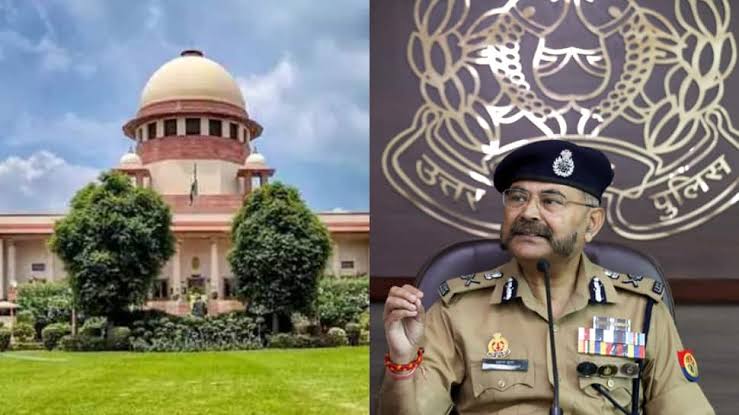


The Delhi High Court recently observed that there is a need to educate people that it is their son and not daughter-in-law whose chromosomes decide the sex of the child to be born [Hardesh Kumar v State].Justice Swarana Kanta Sharma said that the science on the issue is very clear and yet, the Court has dealt numerous cases where women are harassed for giving birth to girl child and many of these women ultimately commit suicide.
“This Court having dealt with numerous cases of harassment, nagging and committing of suicide or dowry deaths due to the victim being victimized for giving birth to daughters after being constantly nagged that she has not been able to fulfill her husband and in-laws desire of preserving the family tree, is constrained to observe that such people need to be educated that it is their son and not their daughter-in-law whose chromosomes through union of a married couple will decide the birth of a daughter or a son,” the order said.The Court also dealt with the issue of dowry deaths and said that persistent prevalence of regressive mindsets and instances involving insatiable demands for dowry underscores a broader societal concern.“In contemporary times, the idea of a woman's worth being tied to material considerations, such as dowry, contradicts the principles of equality and dignity. The notion that a woman's value diminishes if her parents cannot fulfill dowry expectations of her husband and in-laws reflects a deep-seated bias and discrimination against women. Such expectations not only violate the principles of gender equality but also contribute to an environment where women are objectified and reduced to mere transactions,” the single-judge held.The Court made these observations while dealing with a plea filed by one Hardesh Kumar seeking regular bail in a case registered under Sections 304B (dowry death) and 498A (cruelty to wife by husband, relatives) of the Indian Penal Code.It was alleged that his wife had committed suicide in September 2023 due to constant demands of dowry and pressure created by him and his family members to give birth to a male child. The woman had already given birth to two daughters. Justice Sharma considered the case and observed that prima facie, a woman lost her life for giving birth to daughters and such offences must be considered grave and serious, especially when the trial is yet to begin.
“In view of the above facts and circumstances, and since the allegations against the present applicant/accused are grave and serious in nature, the charges are yet to be framed and the material witnesses are yet to examined, this Court is not inclined to enlarge the present applicant/accused on bail, at this stage,” the Court held.It, therefore, rejected the bail application.Advocates Kapil Gupta and Neha Tiwari appeared for applicant Hardesh Kumar.State was represented through Additional Public Prosecutor (APP) Satish Kumar.Advocate Shannu Baghel represented the complainant (family of the deceased woman).
TAGS: Delhi High Court Educate People Son's Chromosomes Daughter-in-law Sex of Child Suicide